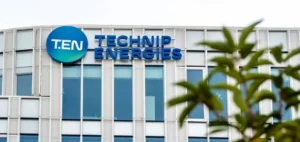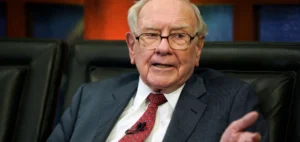Veolia announced on Wednesday a 15.7% increase in revenue over nine months, driven by all its activities (water, waste, energy), and is confident about the future, aiming for the top end of its annual targets.
The environmental services giant, which absorbed a large part of its rival Suez at the end of January, generated revenues of 30.713 billion euros over the nine months, up 13.2% on a like-for-like basis over one year.
Its business is partly protected from inflation by contracts indexed to rising costs.
Veolia’s gross operating income (Ebitda) grew organically by 5.2%, to more than 4.5 billion euros, at the top end of the targeted range of +4% to +6%, according to this balance sheet, which in the third quarter does not include net income.
“After an excellent first half of the year with strong growth, both in terms of revenue and results, Veolia continued its momentum in the third quarter,” commented its CEO, Estelle Brachlianoff, who took over in July.
“Our rate indexing models with our municipal customers and our strict pricing discipline with our industrial customers have allowed us to absorb the cost increases associated with
inflation and achieve solid earnings growth,” she said.
Stressing the “advance” in “synergies” (real estate, purchasing, etc.) made possible by the takeover of about 60% of Suez’s activities, but also “the speed and fluidity with which the Veolia and Suez teams have come together”, she expressed her “great confidence for 2022, 2023 and even the following years”.
Between the energy crisis and intense summer droughts, this year will also have heightened awareness of the need to preserve resources, she says, noting a new interest in the
recycling/reuse of wastewater (“re-ut”), especially in France where this system is not very developed.
In France, “before this summer, not many people were interested in Re-ut. Since then, that has changed completely,” she says.
This technique will not necessarily concern drinking water immediately (as it has already been the case in other countries for years), but at least “we can start with what is simplest: irrigation of fields, watering of public spaces, golf courses… With these uses, we already have enough to do for a few years.
Veolia also sees great potential in energy, with the methanization of sludge from wastewater treatment plants, biogas from the degradation of organic waste and the recovery of incinerated non-recyclable waste – which, for example, “heats 30,000 families in Lille” via the heating network.
“And we can do more,” describes Ms. Brachlianoff.
Another high value-added development area for the group is the treatment of industrial and hazardous waste.
It has just announced an agreement in Abu Dhabi to process waste from the largest refinery in the Middle East.






















